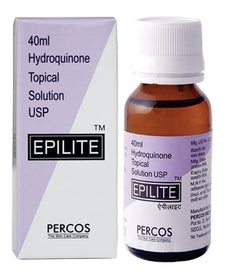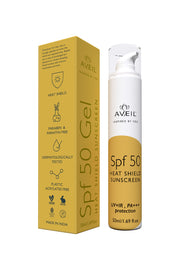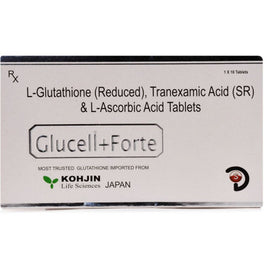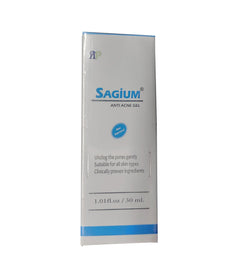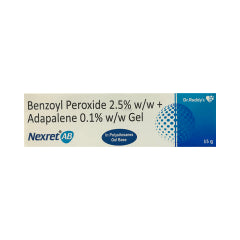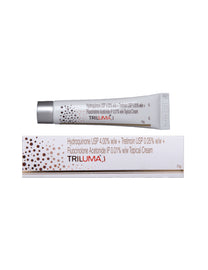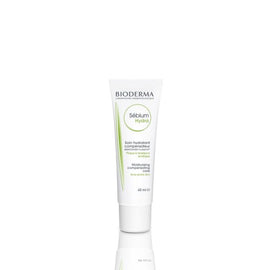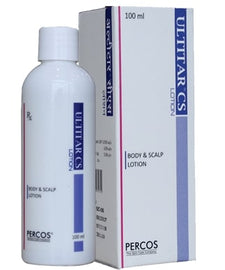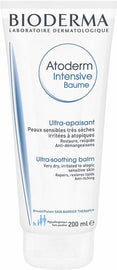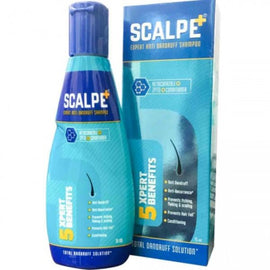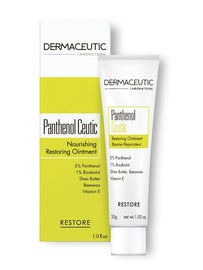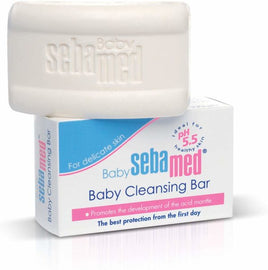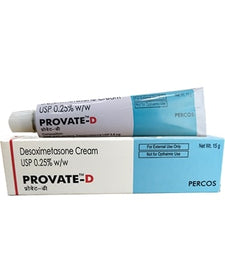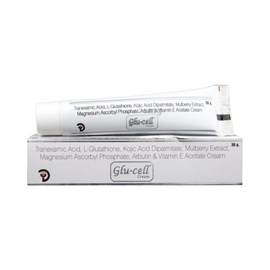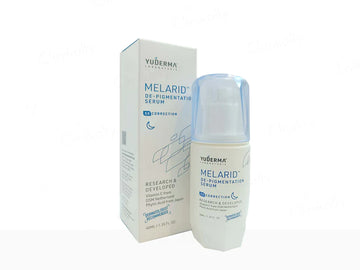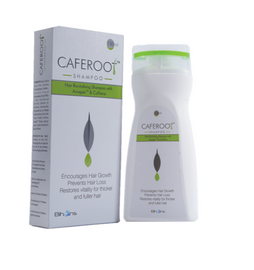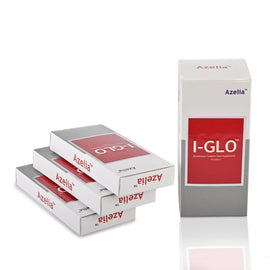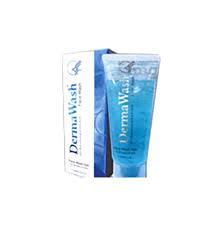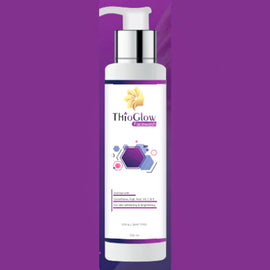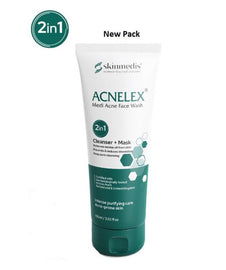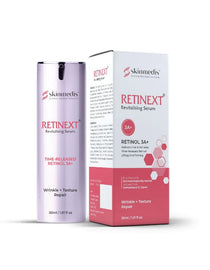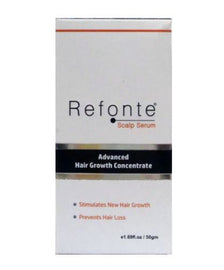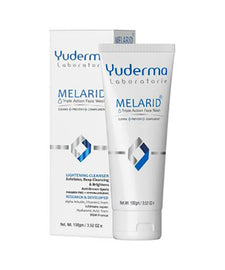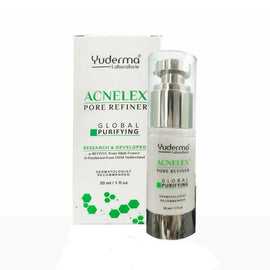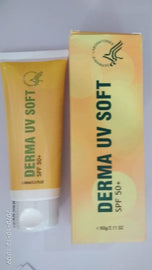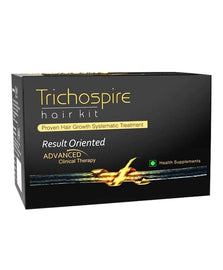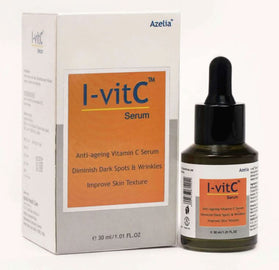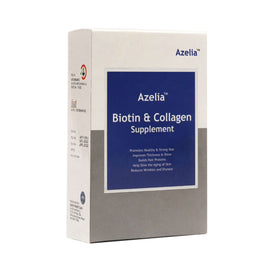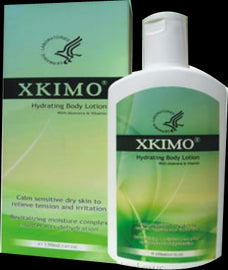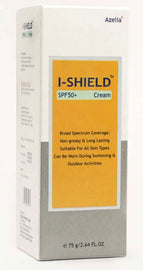Allergies are caused by the hyperactivity of the body’s immune system responding to stimuli. This stimuli triggers the body to react because the body assumes that there is foreign object and it is harmful. The body creates a cascade of reactions such as swelling, rash, itch and redness. In most individuals the body is able to recognize that the stimuli is not harmful hence not overreacting.
The allopathic system of medicine understands in beautiful depth and details of molecular interactions of how the allergies are mediated. As modern medicine unravels more and more molecular details, a few more questions are raised at the same time. Painstaking research has led us to know the link between the microbiome and allergies.
In traditional Ayurvedic approach, the role of gut and mind balance is given utmost importance. MySkinCare.in recommends adopting a comprehensive treatment that incorporates the traditional Ayurvedic approach on the role of the gut with the power of modern medicine.
Your shopping bag is empty
Go to the shop
MySkinCare.in carries a range of products to help prevent allergies. The product range comprises antihistamines, gentle cleansers, moisturizers, sunscreens and specialist allergens. Backed by some of the top dermatologists and doctors in the country, MySkinCare.in has solutions for even the severest of allergies. We stock top of the line products recommended by dermatologists and immunologists.
We also compound solutions to create and prepare products for your specific skin type and allergy which may not be available in the market.
FACTS ON TREATMENTS
- Identifying the cause of the allergies is a hard and difficult process and frequently one is unable to identify the source of the allergy.
- Management of allergies can be done by using a combination of anti-allergic, cortisone, other cell stabilizing pills, and gentle cleansers. We advise you to consult the doctor to arrive at the best treatment for you. In some cases, a course of antibiotics may be necessary.
- Preventative treatments are more effective than just prescribing medicines when symptoms flare up. This is especially noticeable to patients experiencing chronic allergies.

- An allergic reaction happens when the body over responds to an allergen triggering an immune response. Patients with severe allergies may need to consult with an immunologist.
- New research and treatments such as immunotherapy are also showing promising results.
- New biological therapies recommended for management of allergies are also arranged by our team of dermatologists.
- Choosing the right makeup is important if you are prone to allergies.
- We strongly recommend a deeper understanding of your body type using principles of modern medicine as well as Ayurveda to bring balance to the body's reactivity causing allergies. This helps in managing allergies more comprehensively.
Frequently Asked Questions
The best treatment for allergies will depend on the severity and type of allergy. Most mild to moderate forms of allergy cases can be controlled with effective corticosteroids, sensitive skin care ranges, antihistamines, washes, medications and replacement of items that cause the trigger. Moderate to severe cases need specialist assessment from a dermatologist or immunologist via referral from a general practitioner.
There are a wide variety of causes of allergies and the best treatment for allergy is to prevent yourself from being exposed to these allergens. This can be very difficult in most cases. Sometimes it may be appropriate to take an antihistamine preventatively if you know that you may be exposed to the trigger causing the allergy. This may prevent the overload of histamine produced from your body and create such allergic reactions.
There are many newer anti-allergics like Belastine which do not cross the blood brain barrier and are much safer than some of the older generation and conventional anti-allergics.
The type of allergy and the severity of the allergy determines what treatment is necessary. Commonly patients who have allergies may also experience sneezing, runny nose, watery eyes, itchiness and red eyes. It can happen seasonally or all year round. Treatment should begin with a corticosteroid nasal spray, antihistamine and saline rinse. At the same time allergen identification is important.
HIVES AND ALLERGIC RASHES
Compounded menthol cream:
Is effective in relieving the itchy, irritating rashes or hives on the body. It will cool down the skin. Keeping the prepration cool in a fridge always helps additionally.
Side effects: stinging, dryness
Antihistamines (Allegra or Cetirizine): One may take tablet as and when needed. If you know that you are going to be exposed to an allergen, take a tablet before being exposed as the antihistamine will be more effective. Antihistamines are effective in the treatment of hives and welts. The newer class of antihistamines are non-sedating and are great for using during the day. The older generation of anti-allergics have more drying side effects and can be more sedating. Caution is advised before taking them, before driving and operating heavy machinery.
Side effects: Fexofenadine or cetirizine are well tolerated and are rare to have side effects. Cetirizine may cause drowsiness.Side effects of Polaramine and Phenergan: sedation, dry mouth, dizziness, incoordination
If antihistamines have to be taken very often then check with your dermatologist or integrative medicine specialist to review underlying causes for recurrences.
The choice of makeup is an important step in preventing allergic reactions. Using the incorrect makeup may be irritating your skin. This can lead to dermatitis and inflammation of the skin.
There are different grades of mineral make-up. It's important for you to look for a high grade mineral makeup that is tested and is free from preservatives, talcs, fragrances, heavy metals. Premium grade mineral makeup allows the skin to breathe naturally and prevents your skin from having reactions to the additives within the cosmetic.
High grade mineral makeup has a low risk of having chemical and photo-sensitivities. As an added bonus, look for mineral makeup that has a SPF, so that in the long term you are protecting yourself from UV damage. Do your research, as not all mineral makeup are same. A high grade mineral makeup will be backed by research and testing. If you have allergy prone skin, hydration is the key to keeping your skin allergy free.
MySkinCare Recommended Products
Epilite Lotion 40 ml
₹ 242
₹ 232
Epilite Topical Solution is used in the treatment of melasma. It is a skin-lightening medicine which lightens the darkened skin...
Aveil SPF 50 Heat Shield Sunscreen
₹ 899
₹ 819
No Parabens No Paraffins No Preservatives No Strong perfumes No Benzene and Benzoates WHAT IT IS ? Aveil SPF 50...
Glu Cell Forte Tab. 1x10
₹ 629
₹ 599
Glu-Cell Forte Tablet is a combination of medicines. It is used in the treatment of melasma and hyperpigmentation of the...
Sagium Anti Acne Gel
₹ 390
SAGIUM GEL is specially formulated not only to treat acne but also to minimize the post-acne hyperpigmentation with a synergistic...
Nexret Ab (2.5%+0.1%)gel 15g
₹ 390
Nexret AB Gel is a prescription medicine having combination of medicines that are used to treat acne. It removes the...
Triluma
₹ 788
₹ 769
Triluma Cream is a prescription medicine having a combination of medicines that is used to treat melasma. It helps in...
Bioderma Sebium Hydra Cream
₹ 1,195
₹ 1,185
All skin, including oily skin, needs to be moisturised since it can temporarily be dried and/or irritated (specific treatments, external...
Ultitar Cs Lotion 100 Ml
₹ 599
₹ 559
Ultitar CS Lotion has a combination of medicines that are used to treat psoriasis. It helps to provide relief from...
Bioderma Atoderm Intensive Baume 200ml
₹ 1,610
₹ 1,559
Face and body moisturizer for infants, babies, teens and adults. Enriched with soothing and purifying agents, it instantly soothes irritation....
Scalpe+ Expert Anti Dandruff Shampoo
₹ 336
₹ 325
Scalpe Plus Anti-Dandruff Shampoo has been in existence for more than 17 years. The brand has a proven track record...
Epiduo Gel
₹ 932
₹ 900
Epiduo 0.1%/2.5% Gel is a prescription medicine having combination of medicines that are used to treat acne. It removes the...
Dermaceutic Panthenol Ceutic Nourishing Restoring Ointment
₹ 2,550
Panthenol Ceutic is a highly soothing and nourishing balm that restores skin's suppleness and comfort. Ideal for relieving skin in...
Sebamed Baby Cleansing Bar (150g)
₹ 500
Sebamed baby bar has ph of 5. 5 And sugar based mild cleanser. Other baby soaps have ph greater 7...
FCL Oatsilk Soap Free Body Wash 400ml
₹ 1,550
₹ 1,499
Fixderma FCL Oatsilk Soap Free Body Wash (400 ml) helps to soften, moisturize, Helps maintain the skin's natural pH, suitable...
Provate -d Cream
₹ 330
₹ 320
Provate-D Cream is a topical steroid used to treat inflammatory and allergic skin conditions like eczema and atopic dermatitis. It...
Glu-cell Cream
₹ 499
Glu-Cell Cream is generally prescribed to stop heavy bleeding during a period. It works as an antifibrinolytic and thus stops the blood...

